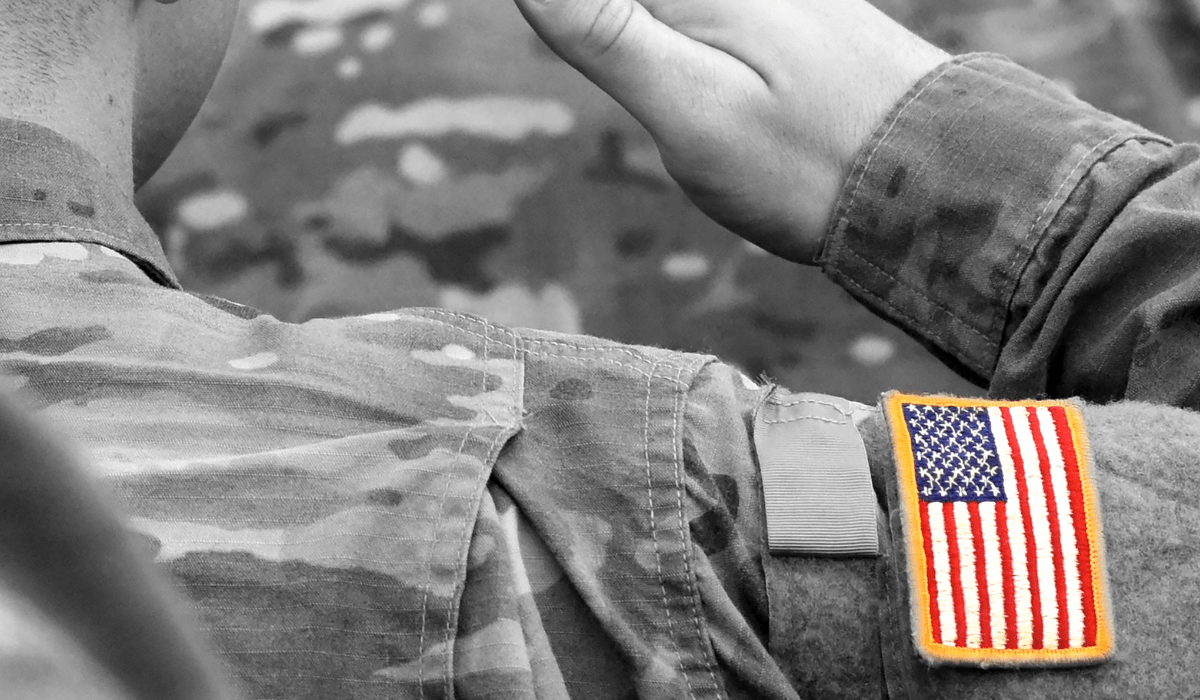
In United States v. Darling, Army 20070449 (2010) the issue was should counsel concede guilt during sentencing after consistently denying guilt during findings. Darling pled guilty to an AWOL charge and then, contrary to his pleas, was found guilty of larceny, forgery, and uttering checks with an intent to defraud. After being found guilty, counsel conceded guilt during sentencing. The court held that while there are exceptions to the rule, conceding guilt after contesting it typically serves to anger the members. Such exceptions include admitting guilt from the outset to establish a rapport with the members, admitting guilt on one or more charges while consistently contesting others, or conceding guilt from the outset during the merits, on a capital case, and instead focusing on sentencing, are all valid strategies. Conceding guilt during the sentencing portion of the trial should also be distinguished from acknowledging the trier of fact’s guilty findings in a manner which neither challenges the verdict nor outwardly maintains the accused’s innocence. This tactic of admitting the client’s guilt likely damaged counsel’s credibility and arguendo was a deficient performance on behalf of the defense counsel. While this meets Strickland’s first prong, the court believed it fell short on the second prong of establishing prejudice.
Defending Service Members Globally
Wherever Duty Calls, Our Defense Follows




